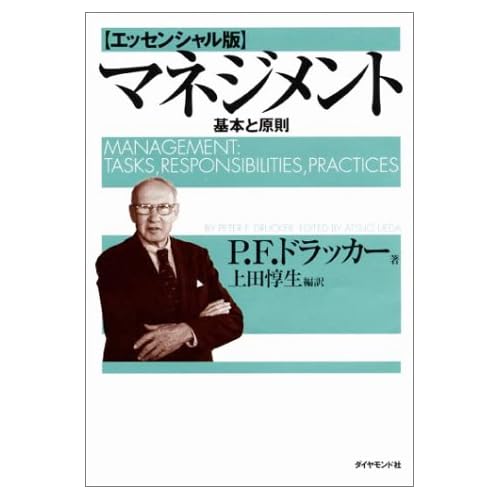Today I've tried to translate "The World is Yours." It came out in 1990, in their 4th album 『悪の華』. They have a PV for this song, but something about the 80's/90's set, the fashion of the ladies in the audience (who are all standing like contestants in the Ms. America pageant for some reason), Sakurai's pants and the way they resemble a plastic bag, the gravity-defying spikes of hair that quiver above the drummer Yagami Toll, and the bit of monologue at the beginning of the performance (which provides more 聞き取り練習, hurrah), makes me want to place the video of their live on オールナイトフジ(All Night Fuji) here.
Now, without further ado, "The World is Yours."
I'll be scared and chewing poison, longing for destruction, If I look for that fleeting dream at the apocalypse I was promised Don't laugh baby, I've been looking foolish I laugh and scream in the middle of the night The shadow of megalomania dances I'm bound so tightly it hurts on this moonlit night I'll be drowning in the erotic and grotesque, a flower blooming out of season, If I bleed red at the monochrome end Don't cry baby, I'm run-down I stop breathing in this languid darkness And soar into this giant city's sky, So drunk it's scary on this moonlit night CRAZY NIGHT CRAZY MAN CRAZY MOON You are crazy CRAZY LOVE CRAZY EYES CRAZY DREAM I'm crazy Don't touch baby, this is goodbye The night has swallowed everything I'll burn out at the edge of this city And never wake again CRAZY NIGHT CRAZY MAN CRAZY MOON You are crazy CRAZY LOVE CRAZY EYES CRAZY DREAM I'm crazy Chewing poison, fleeting dreams, laughing, crying, I'll bloom out of season, stop my breath and burn out | 毒を咬み怯えてる 破滅へのあこがれ 約束の終末に 淡い夢探せば Don’t laugh Baby バカげてた…… 笑い泣き叫ぶさ 夜の中 メガロマニアの影 踊りだす 月夜に痛い程縛られて… エロ・グロに溺れてる 狂い咲く花びら モノクロの結末に赤い血を流せば Don’t cry Baby ボロボロさ 息を止め物憂い闇の中 メトロポリス空に舞い上がる 月夜に怖い程酔いしれて CRAZY NIGHT CRAZY MAN CRAZY MOON You are crazy CRAZY LOVE CRAZY EYES CRAZY DREAM I’m crazy Don’t touch Baby お別れさ やがて夜は全て呑みこんで メガロポリスの果て 燃え尽きる 月夜にもう二度と 目覚めない CRAZY NIGHT CRAZY MAN CRAZY MOON You are crazy CRAZY LOVE CRAZY EYES CRAZY DREAM I’m crazy 毒を咬み 淡い夢 泣き笑い 狂い咲き 息を止め 燃え尽きる |
Regarding the lyrics: I made some vocabulary decisions about metropolis and megalopolis. They just seemed too big (or something, she said, poorly defending her decisions). I felt like metropolis could fit, but megalopolis? I realize megalopolis is not often heard in Japanese, either, but... I also wanted to separate from the verb tenses used in the original, but since I already changed it up a bit with the megalopolis/metropolis issue, I stuck to the Japanese. And last, there is no outright subject marked, so I suppose it could be someone other than "I" ("we" maybe? Or "you"?). Really I went with what I felt was proper as I listened to the song, but it is something I pondered over. I'd be happy to hear your own thoughts on these matters, or any errors you notice/suggestions you have.



